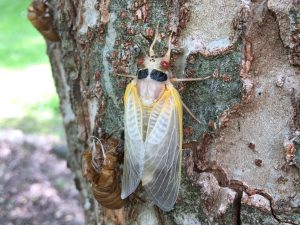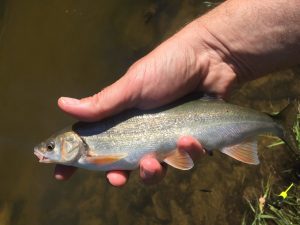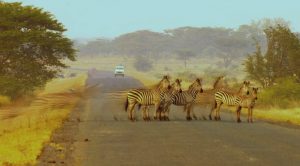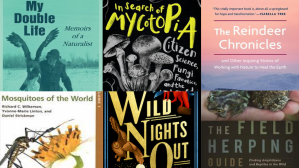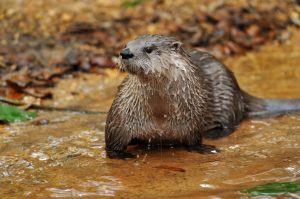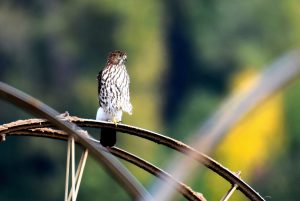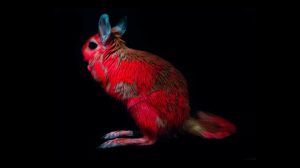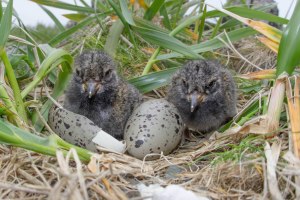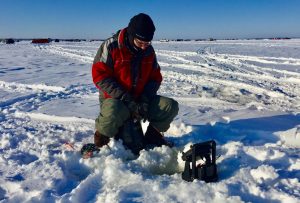Discover stories in Wildlife Science
Follow Me Down the Brood X Tunnel: A Reading List
Wondering what all the Brood X Periodic Cicada fuss in the U.S. is about? Have questions? One of the stories here probably has the answers.
9 Cool Freshwater Fish You’ve Never Heard Of
Do you know the hardhead? The chiselmouth? Celebrate freshwater biodiversity with these cool fish.
Saving Animals by Mapping Their Migrations
Maps that display migration data with the human connections and livelihoods can help advance sustainable conservation.
Earth Day Book Review 2021
Six books to celebrate the planet’s biodiversity and conservation.
Stayin’ Alive at the Seabird Disco
Seabird discos - complete with fake birds, mirrors, and a sound system - help restore breeding bird populations in the Caribbean.
Tracking a Night-Time River of Birds
Many birds migrate at night. Here’s how researchers track them.
Beaver? Otter? Muskrat? A Field Guide to Freshwater Mammals
Think you saw a beaver or a mink? Here’s how to tell for sure.
Linking Birds, Farmer Attitudes and Conservation
A new paper examines how farmer attitudes towards birds affect on-farm conservation practices.
When Mammals Glow in the Dark
Scientists are discovering dozens of mammals that glow under ultraviolet light, from flying squirrels to wombats to African springhares.
Hope and Peril for North America’s “Snow Parrot”
North America’s sole remaining native parrot faces an endless litany of threats. But there’s hope.
Remove the Rats, Restore the Seashore
New science from Alaska’s Aleutian Islands finds that eradicating invasive rodents helps restore marine habitats, too.
50 Fish, 50 States: Whitefish & the End of the World as We Know It
You can’t freeze time, even when ice fishing
